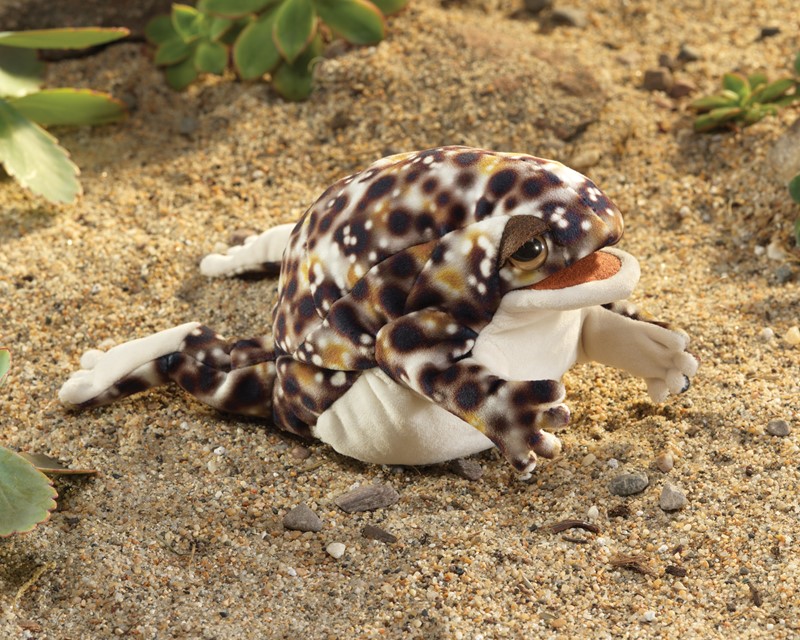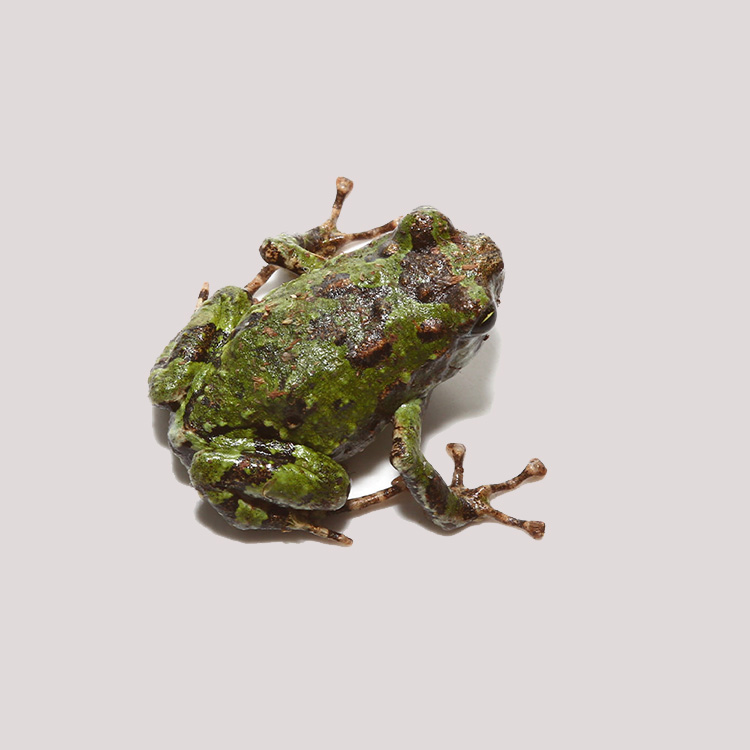Common Health Issues in Reptiles: Symptoms and Solutions
In the complex world of reptile treatment, recognizing the usual health issues that might impact these one-of-a-kind animals is vital in guaranteeing their wellness. From breathing infections that can silently hold to metabolic bone illness that can incapacitate, reptiles are vulnerable to a variety of ailments that require eager monitoring and prompt treatment. Whether it's facing parasitical invasions, browsing dehydration problems, or dealing with skin ailments that materialize in subtle methods, being in harmony with the symptoms and equipped with the knowledge of efficient remedies is vital for any type of reptile proprietor. By delving better right into the subtleties of these wellness problems and discovering the useful remedies offered, one can protect the health and vigor of these fascinating animals.
Respiratory Infections
Breathing infections in reptiles can dramatically affect their general wellness and call for timely focus from skilled veterinarians. These infections are frequently triggered by fungi, viruses, or bacteria and can manifest via signs and symptoms such as hissing, nasal discharge, open-mouth breathing, and lethargy. In reptiles, breathing infections can be especially challenging to identify and treat because of their unique makeup and physiology. Veterinarians frequently rely upon a mix of physical exams, analysis imaging, and research laboratory examinations to properly determine the underlying source of the infection.
Treatment for respiratory system infections in reptiles typically entails a mix of supportive care, such as keeping correct moisture degrees and temperature slopes in the unit, along with targeted medicine to resolve the specific virus accountable for the infection. It is essential for reptile proprietors to monitor their pets very closely for any kind of signs of respiratory distress and seek veterinary treatment at the earliest indicator of an issue. With timely intervention and proper therapy, many reptiles can recover totally from breathing infections and return to regular activities.

Metabolic Bone Illness
What factors add to the development of Metabolic Bone Illness in reptiles?
Metabolic Bone Condition (MBD) in reptiles is mainly triggered by a lack of correct calcium, phosphorus, and vitamin D3 degrees in their diet. When reptiles do not get ample calcium, either through their food or appropriate UVB direct exposure for vitamin D3 synthesis, they are at a high risk of developing MBD. Reptiles with diet regimens low in calcium or imbalanced calcium to phosphorus ratios are especially at risk. Additionally, inadequate direct exposure to UVB light stops reptiles from manufacturing vitamin D3, which is crucial for calcium absorption and bone health.
Inadequate humidity degrees can likewise impact a reptile's capacity to metabolize calcium successfully. Regular vet examinations, proper husbandry techniques, and a balanced diet regimen are necessary to avoid Metabolic Bone Condition in reptiles.
Parasitic Invasions
Parasitic problems pose a substantial health and wellness risk to reptiles, influencing their general health and needing prompt veterinary interest. Reptiles can be influenced by numerous parasites, including termites, ticks, internal worms, and protozoa. These parasites can create a range of symptoms, such as weight loss, lethargy, skin irritability, diarrhea, and also death if left without treatment.
One usual parasite found content in reptiles is the mite, which can cause skin anemia, irritation, and tension. Ticks are another external bloodsucker that can create and send diseases discomfort to the reptile. Internal bloodsuckers like worms and protozoa can lead to digestion concerns, lack of nutrition, and compromise the reptile's body immune system.
To detect a parasitical invasion, a vet might do fecal tests, skin scrapings, or blood tests. Treatment typically includes deworming drugs, antiparasitic baths, or in severe situations, a hospital stay. Preventative measures such as regular veterinary exams, correct health, and quarantine treatments for basics brand-new reptiles can assist minimize the risk of parasitic problems and make sure the health of reptile animals.
Dehydration and Hydration Issues
Dehydration in reptiles can significantly impact their health and well-being, demanding timely intervention and suitable hydration administration. If left neglected, dehydration can lead to severe health problems and also be deadly to the reptile.
To stop dehydration, reptile proprietors ought to make certain that their family pets have access to tidy water in all times. The water recipe need to be large enough for the reptile to saturate in if needed, especially for varieties that absorb water with their skin. Additionally, preserving appropriate moisture degrees in the reptile's enclosure and giving routine baths can aid prevent dehydration.
In instances of dehydration, it is critical to seek veterinary care immediately. A vet might carry out fluids either by mouth or via shots to rehydrate the reptile. It is necessary to resolve the underlying root cause of dehydration to stop reappearance and make sure right here the reptile's general health.
Skin Disorders

Verdict

Respiratory infections in reptiles can significantly affect their overall wellness and require punctual interest from experienced veterinarians (rain frog for sale). Preventative procedures such as regular veterinary exams, proper health, and quarantine procedures for new reptiles can help decrease the risk of parasitical invasions and guarantee the wellness of reptile family pets
If left without treatment, dehydration can lead to significant health issues and even be deadly to the reptile.
On a regular basis examining your reptile for any kind of changes in skin look, texture, or color can assist in very early detection and therapy of skin ailments, promoting the general wellness and health of your scaly buddy. - rain frog for sale
In final thought, reptiles are vulnerable to different health problems such as respiratory system infections, metabolic bone condition, parasitical problems, dehydration, and skin ailments.